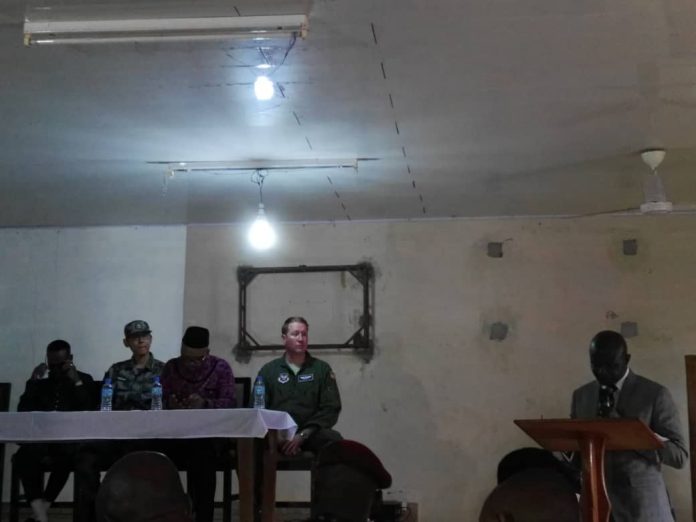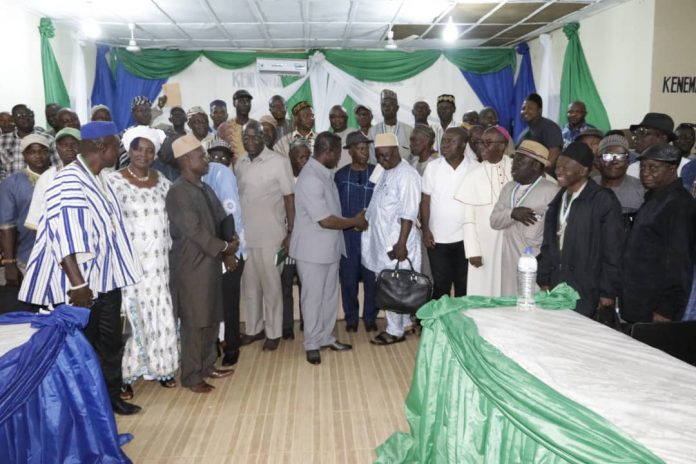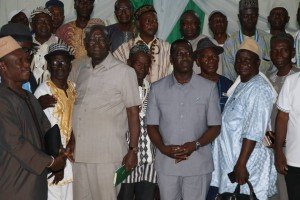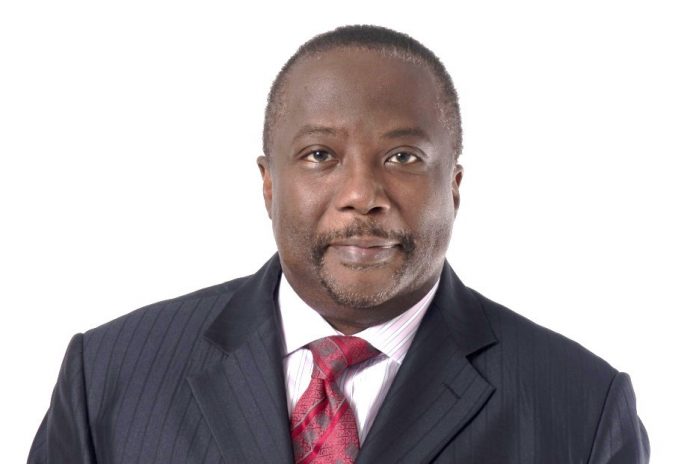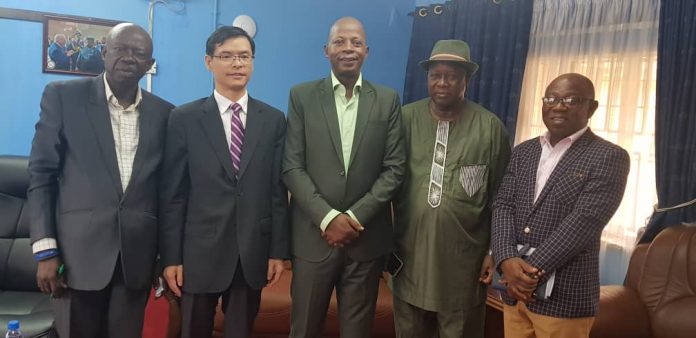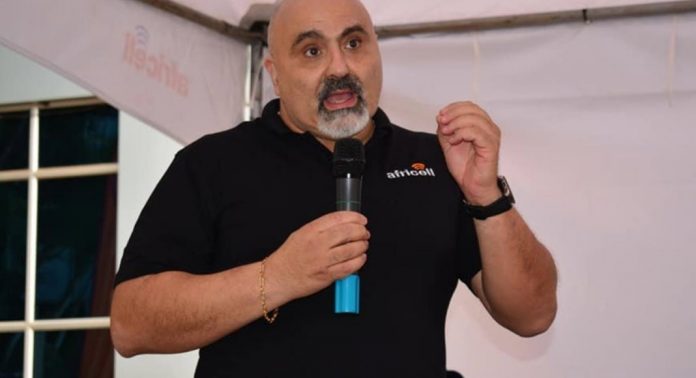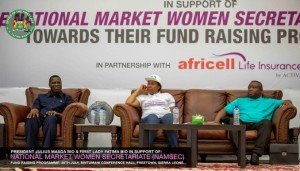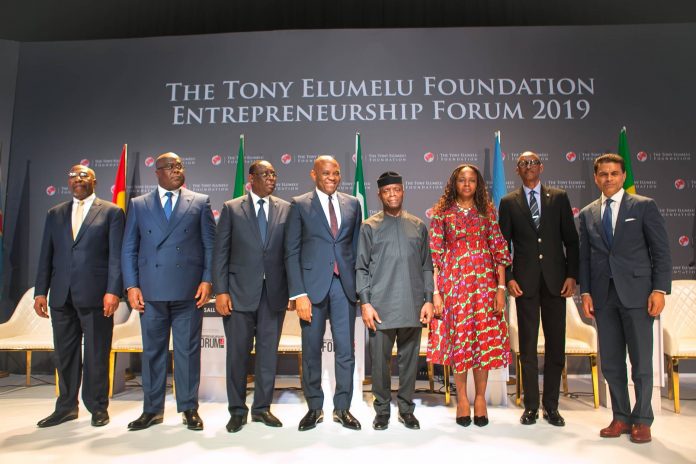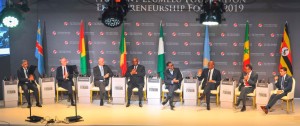The RSLAF 34 Hospital has launched the fourth simulation exercise under the Rapidly Deployable Isolation and Treatment Facility (RDITF) at the Peacekeeping Military Training Center (PMTC) at Hastings over the weekend.
Explaining about the exercise the Commanding Officer of Military 34 Hospital Dr. Stephen Sevalie said this is the fourth simulation exercise that the military is doing and they are preparing themselves and the country in case of any outbreak in the country.
He said the facility at Hastings has 36 beds for such cases that they will be taken care of within 96 hours.
“The simulation exercise will be a joint operation together with the Ministry of Health and with support from the British, Chinese and Americans as they have been of great help in setting up the facility as well as supporting us with equipment.”
Dr. Sevalie said in the 34 military hospital the Chinese have built a 30 bed infectious disease centre for training, effective treatment and quarantine.
“The reason for such exercise is to give us a clear picture of screening and triage, infection and prevention control, collaboration and coordination and infrastructure. We hope that at the end of the exercise we will be refreshed, we will have corrected the gaps and identify new ones, there will be a standard budget, good infrastructure, transfer capacity and the public will have enough confidence on us.”
Director of Public Health, Dr. Mohamed Vandi said the exercise is in place and the MOHS has just concluded one.
He said one reason why this simulation exercise is good is to prepare the staff to be prepared to be deployed any part in the country in case of outbreak.
“We are very happy that this exercise is being done by the military and MOHS only as this has shown how far we have come from 2014 when Ebola struck. I do hope that this exercise will continue in the future.”
The Deputy Minister of Defence Rtd. Capt. Sheriff said the exercise is in place and what the military is doing is for the good of the country.
He said the military is currently in a high spirit and they have been doing great in preparing for any outbreak in the country.
The US Embassy representative Lt. Col. Braden Coleman said any outbreak in Sierra Leone means the world is at risk as what is happening now in Congo.
He said the preparedness of the military and MOHS is in the right direction and they will continue to support such exercise.
ISAT Lt. Col. Matthew Palmer said they were the first to start the process with the military and they are happy that they have continued and they can now do it without outside help. He said they will continue to support the military and their partners in the future.
The Team Leader of the Chinese Military Medical Team Dr. Guang Yu Zhao (George) said they since the Ebola outbreak they have been working with the military and they will not stop as they are the new team to have come and work with the military.
He said the exercise is in place as it is preparing the country for any outbreak in the future. Dr. George said whatever assistance needed by the military they are ready to support them to get them well prepared to service the country.
The Deputy Minister of Health Dr. Jonathan Vandi who gave the keynote address said all what he should have said the other speakers have said they hope that the exercise, which must be of immense value in the future.
He said they are preparing for an outbreak when it will occur because he said already the country’s scientist have discovered Marburg and Bombali viruses in four districts, which make the entire country vulnerable.
“It is for this reason that we at the Ministry of Health are working with the military to get the health workers well prepared for that time. I am confident that this exercise will be very successful and it will put our health sector in the right place at the right time.”
The Chief of Defence staff and his deputy Lt.Gen. Bureh Sesay and Maj. Gen. Taluva were present to grace the occasion.
Col. Bangura who is the Commanding Officer at the training center welcome all the guests and the coordinator of the exercise Lt Col. H.S. Bangura gave the vote of thanks before the officials present made a tour to all the facilities that the exercise will take place.

